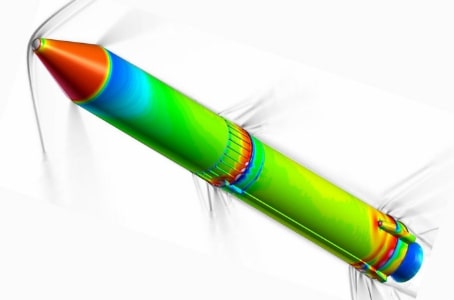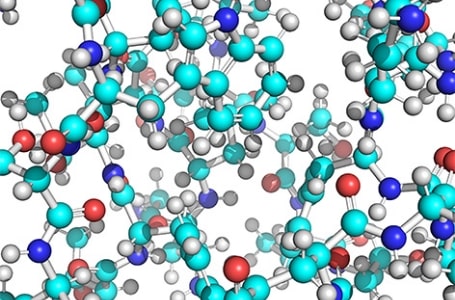“Meikyo Shizen” is the educational philosophy of the Yokohama National Professional School of Engineering (the predecessor of the College of Engineering Science) symbolized by its “three no's principle,” which means no tests, no scores, and no rewards or punishments. Excellent education and research values nature. In other words, learning is not forced, allowing students to take the initiative to learn without constraint under an educational principle of spontaneous self-learning, thus developing into an excellent professional. Although the three no's principle has been abandoned, it continues to form the foundation of science and engineering education at YNU as its underlying spirit.
The graduate school offers a wide range of courses and leading-edge research opportunities for students to build their foundations in science, to creatively apply their expertise and skills as highly advanced and professional engineers and researchers, and to lead industrial society today and tomorrow as globally competitive professionals.
As the core of the university’s engineering and science graduate schools, which aspire to serve as an international hub of practical science, the graduate school will further strengthen and develop manufacturing and other industries by fostering globally competitive professionals who high ethical standards and world-class knowledge and abilities in both engineering and science, with an enterprising spirit to learn beyond their area of expertise.
“Meikyo Shizen” is the educational philosophy of the Yokohama National Professional School of Engineering (the predecessor of the College of Engineering Science) symbolized by its “three no's principle,” which means no tests, no scores, and no rewards or punishments. Excellent education and research values nature. In other words, learning is not forced, allowing students to take the initiative to learn without constraint under an educational principle of spontaneous self-learning, thus developing into an excellent professional. Although the three no's principle has been abandoned, it continues to form the foundation of science and engineering education at YNU as its underlying spirit.
The graduate school offers a wide range of courses and leading-edge research opportunities for students to build their foundations in science, to creatively apply their expertise and skills as highly advanced and professional engineers and researchers, and to lead industrial society today and tomorrow as globally competitive professionals.
As the core of the university’s engineering and science graduate schools, which aspire to serve as an international hub of practical science, the graduate school will further strengthen and develop manufacturing and other industries by fostering globally competitive professionals who high ethical standards and world-class knowledge and abilities in both engineering and science, with an enterprising spirit to learn beyond their area of expertise.

The department produces creative, professional engineers and researchers with a solid foundation and expertise in mechanical engineering, materials science, ocean engineering and aerospace engineering. By also acquiring international communication skills, they are expected to drive scientific and technological advancement and to help humanity thrive sustainably.
Details
The department fosters aspiring engineers and researchers as highly specialized professionals who play a leading role in the search for truth in natural sciences related to chemistry and life science; the creation of superior substances and materials; the device of production systems; and unravelling and tapping into biological phenomena.
Details
The department nurtures leaders of researchers and engineers who have comprehensive and interdisciplinary insight with expertise in a wide range of fields from mathematical science, physics, and other basic sciences to applied engineering, lead the creation and development of academia and industry, and present creative solutions to the challenges posed by the radical transformations in our increasingly knowledge-based, information-driven society.
Details